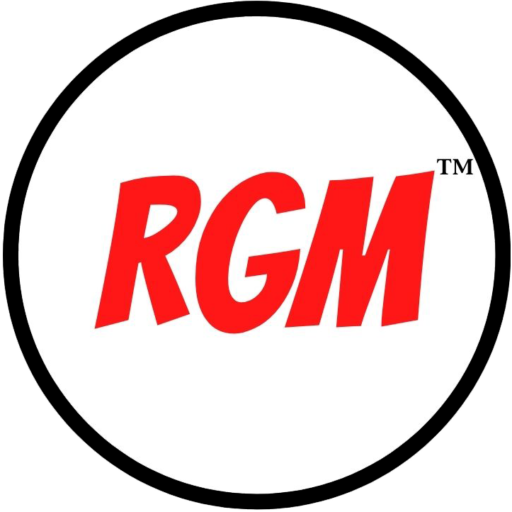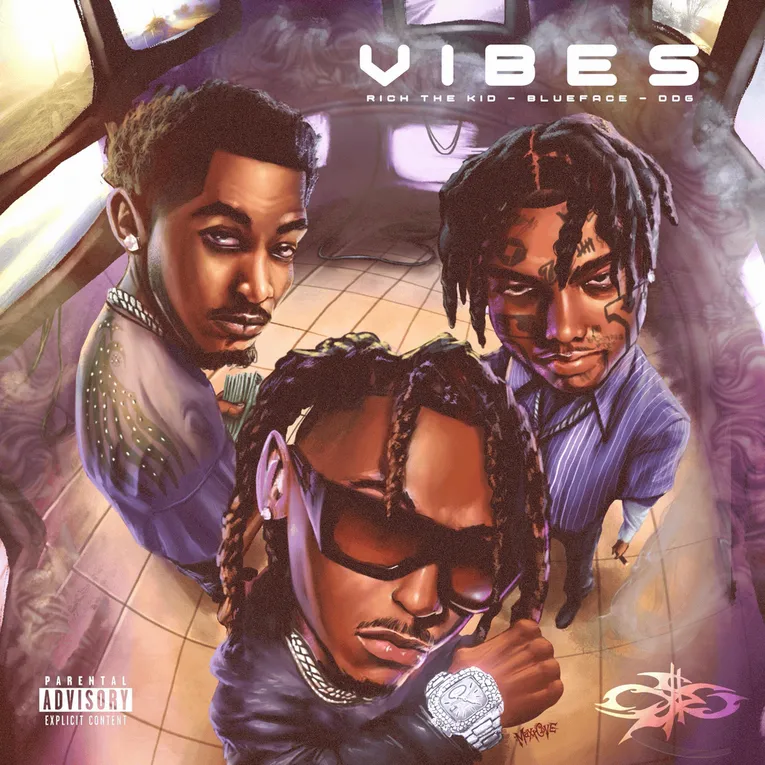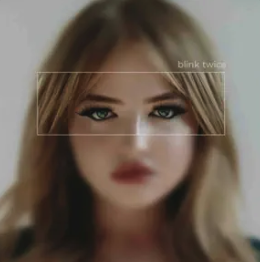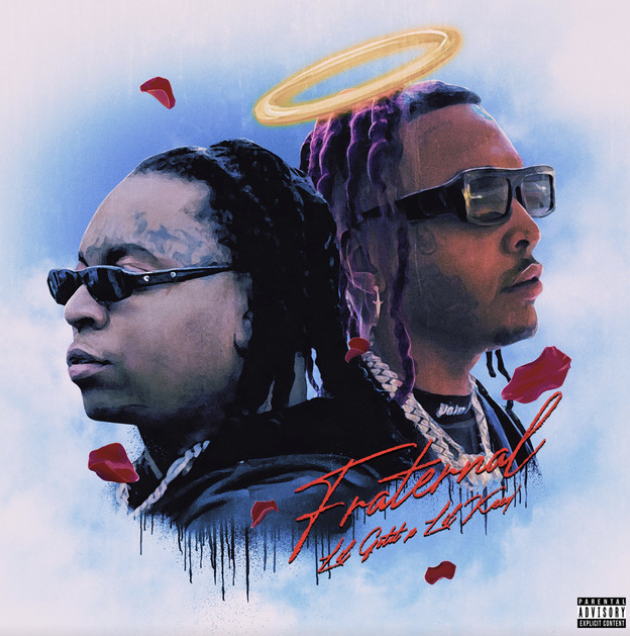
Ice Meez also speaks on hustling, music industry lessons, and redefining success.
“The main misconception in the industry is that it’s all about talent…” – Ice Meez

Today, we sit down with Ice Meez, a Northern California artist who has carved out his own path in the ever-evolving music landscape. Known for his authentic West Coast sound, Ice Meez has proven that dedication and a keen understanding of the industry are just as crucial as raw talent. He’s an artist who not only crafts compelling tracks but also navigates the multifaceted world of independent music with impressive acumen.
In this exclusive interview with Ratings Game Music (RGM), Ice Meez offers a candid look into his creative process, sharing how the mood of a beat directly shapes his lyrical direction and flow. He also reflects on pivotal feedback that, while initially stinging, ultimately proved invaluable in refining his artistic approach and self-perception as an artist. From managing his own career to understanding the hidden truths beneath the surface of the music scene, Ice Meez provides a refreshingly honest perspective on what it takes to succeed on your own terms.
RGM: Walk us through your creative process: How do beats initially inspire your lyrical direction and flow?
I normally first listen to a beat and decide how the beat makes me feel. Every beat, in my opinion, has a specific mood that helps identify a concept that matches the vibe. Once I find the mood of the beat, I normally format a song pattern or melody by humming or freestyling. When I find how I want to approach the verses, I add words that fit the pattern or melody I have created.
RGM: What’s a piece of feedback or criticism you’ve received that initially stung, but ultimately proved invaluable in shaping your artistic direction or understanding of yourself as an artist?
When I was invited to Roc Nation in New York for a potential artist meeting, the A&R asked me how much music I had released in the past year. At the time, I had only released 4 songs that year. She basically told me that my output was too low to meet the quota of the label and advised me to increase the amount of music I release consistently. I told her my thought process was to release every song with a music video, which we all know is an expensive process as an independent artist. She responded by telling me I should utilize the free tools available to me, like social media, as a means to visually promote the music instead of waiting for it to be released. Overall, I realized that there is no perfect formula or time to release my music. If you have songs, you need to put them out!
RGM: Many artists are their own managers, publicists, and booking agents. Have you had to take on this type of multifaceted role in your career, and how did it impact your creativity?
Yes, I have. At various points in my career, I’ve had to be the manager, director, PR, engineer, and more. I did this out of necessity because I had no other options or connections at the time. It taught me every aspect of the industry, and I now apply that knowledge when navigating what needs to be done with my music.
RGM: If you could press a “reset” button on one aspect of your journey – perhaps a creative choice, a business decision, or even a past collaboration – what would it be and what lesson did that experience teach you that you now carry forward?
I’m a firm believer that everything happens for a reason, so I can’t say I would change anything. Whether it was positive or negative, it was all part of God’s plan.

RGM: In an industry often driven by metrics and algorithms, how do you personally measure your “success” and what non-traditional milestones are you most proud to have achieved so far?
I try not to focus on things I can’t control, like metrics or algorithms. Instead, I measure success by personal growth. If I can see that my music is resonating in real life with real people, I know I’m on the right path.
I’ve had so many opportunities that it’s hard to pinpoint just one, because I’m proud of them all. From label meetings with Roc Nation, Ethika Music, and Death Row, to being featured in a Lionsgate film and a nationally distributed commercial—among countless other milestones—I’m just genuinely grateful for it all.
RGM: What’s a common misconception about the music scene that you wish you could shatter, and what hidden truths or challenges exist beneath the surface that you wish your fans could see?
The biggest misconception in the industry is that it’s all about talent. Over time, I’ve come to realize that the music industry operates like any other business—what truly drives decisions are numbers, projections, and how they affect the bottom line.
Many fans assume that high streaming numbers automatically mean the music is good or the artist is genuinely popular, but in reality, those metrics can be heavily manipulated. Talent is important, but it’s far from the only factor at play.
RGM: If you could collaborate with any non-musical artist or creator (e.g., a painter, filmmaker, architect, chef, scientist), who would it be and how do you envision their unique discipline influencing or transforming your next musical project?
I would say Ryan Coogler. He’s a director from the Bay Area, most recently known for his movie Sinners. The reason I chose him is because he seems like someone who has studied his craft meticulously and approaches his work with genuine passion. I see a lot of similarities between him and myself when it comes to the level of discipline and dedication we apply to our respective fields. I hope to translate that same discipline into my future work.
RGM: Looking five years down the line, beyond single/album cycles and tour dates, what legacy or specific impact do you hope your music leaves on the culture?
I just hope that my music stands the test of time. When I’m no longer here, I want to be remembered as someone who never gave up—and who put out great music that people can listen to and connect with for years to come.
Discover more from RGM
Subscribe to get the latest posts sent to your email.











This Post Has One Comment
Pingback: Ice Meez & Jelani Harris Bring the West Coast Heat on “Cali Vibin” | RATINGS GAME MUSIC